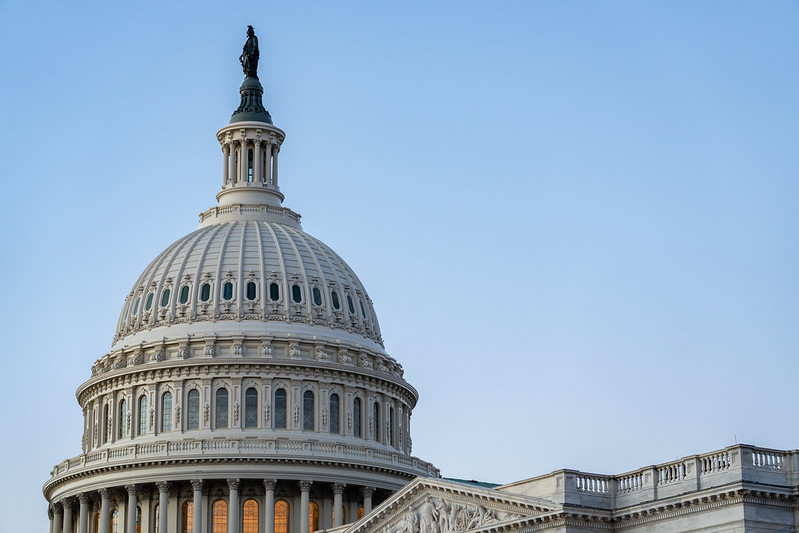Already a subscriber? Make sure to log into your account before viewing this content. You can access your account by hitting the “login” button on the top right corner. Still unable to see the content after signing in? Make sure your card on file is up-to-date.
A controversial piece of legislation that sought to impose penalties on Americans participating in internationally-backed boycotts of US allies—particularly targeting efforts against Israel—has been pulled from a scheduled vote in the House.
Some shit you should know before you read: If you’re unaware, the International Governmental Organization (IGO) Anti-Boycott Act was a bipartisan bill introduced by Republican Congressman Mike Lawler and Democratic Congressman Josh Gottheimer. The bill sought to amend the 2018 Anti-Boycott Act—originally signed by President Trump—to include boycotts initiated by international governmental organizations such as the United Nations and those led by foreign states. Specifically, it would penalize US citizens, businesses, and organizations that comply with or support international calls to boycott US allies, most notably Israel. While the legislation did not explicitly name Israel, its sponsors acknowledged that it was crafted in direct response to the Boycott, Divestment, and Sanctions movement and UN-led initiatives against companies operating in Israeli settlements. Violators could face civil and criminal penalties, including fines of up to $1 million and up to 20 years in prison. The bill was co-sponsored by 22 lawmakers from both parties and initially enjoyed widespread bipartisan support.

What’s going on now: In a notable development, the IGO Anti-Boycott Act was pulled from a scheduled vote in the US House of Representatives after facing a surge of opposition from some lawmakers and conservative media figures. Despite initially enjoying broad bipartisan support, the bill unraveled under pressure from members of the Republican Party’s “America First“ faction, who argued that the legislation posed a serious threat to free speech. Congresswoman Marjorie Taylor Greene (R-GA) was one of the first to voice dissent, saying on social media, “It is my job to defend Americans’ rights to buy or boycott whomever they choose without the government harshly fining them or imprisoning them.“ Her statement triggered a wave of similar criticisms from other conservatives, including Rep. Thomas Massie (R-KY), who called the bill “ridiculous.”
Conservative media personalities amplified the backlash. Tucker Carlson and Steve Bannon used their platforms to question the bill’s implications and express solidarity with critics. Political activist Charlie Kirk warned that it would “only create more antisemitism” and “play into growing narratives that Israel is running the US government.”
In response to the backlash, the bill’s sponsors pushed back, accusing critics of misrepresenting the legislation’s intent. Congressman Mike Lawler said, “This expands existing federal law to any boycott organized by IGOs like the United Nations. President Trump signed the first bill into law. This is simply holding the UN accountable.” A spokesperson for Lawler added, “It is disappointing that some members have chosen to misrepresent the purpose of this bill… The IGO Anti-Boycott Act is a necessary measure to defend US sovereignty and the integrity of our national interests against biased international organizations.”
Democratic co-sponsor Rep. Josh Gottheimer’s office also condemned the decision to pull the bill, stating, “It’s beyond outrageous and offensive that House leadership bowed to extreme-right forces… Representatives Marjorie Taylor Greene and Thomas Massie should be ashamed of themselves.”







